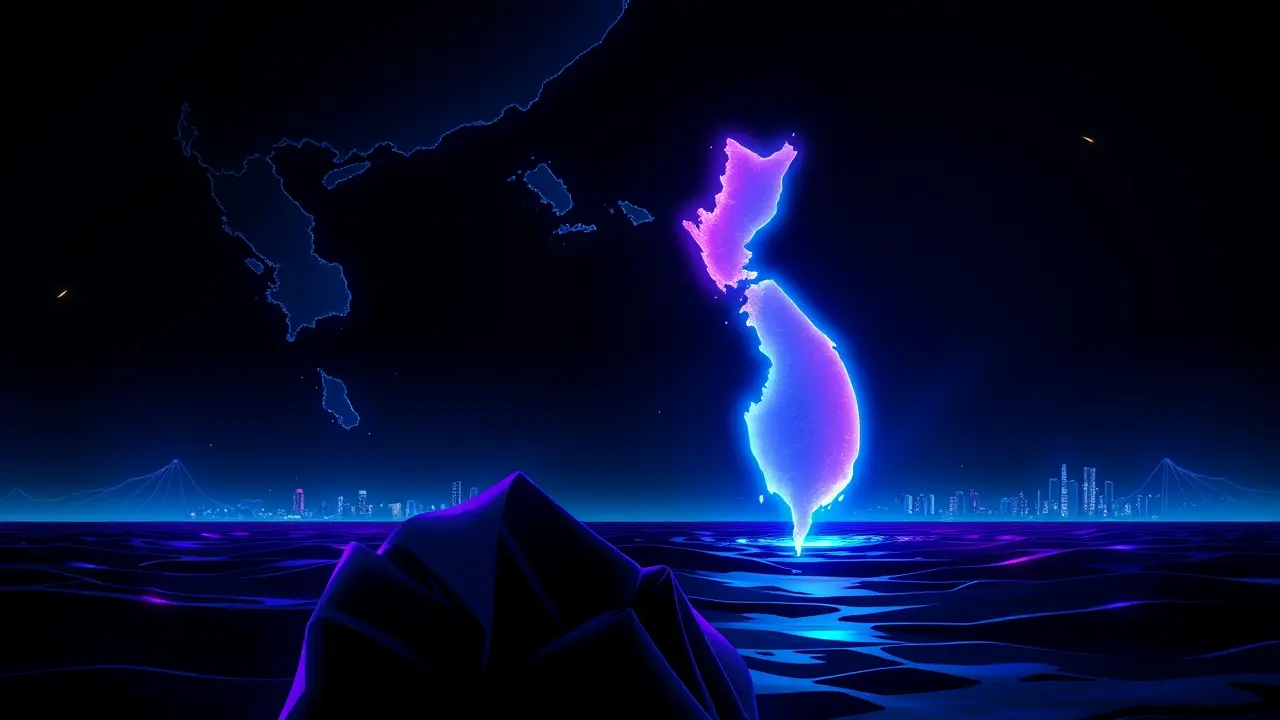
PoliticsdiplomacyBilateral Relations
Japan PM labels potential Taiwan invasion as existential threat.
RO
Robert Hayes
4 hours ago7 min read1 comments
In a declaration that has sent ripples through diplomatic corridors from Tokyo to Washington, Japanese Prime Minister Fumio Kishida has framed a potential Chinese invasion of Taiwan not merely as a regional contingency but as an existential threat to Japan itself. This stark characterization marks a significant escalation in the rhetoric from a key U.S. ally and reflects a fundamental shift in Tokyo’s strategic calculus, moving the Taiwan issue from the periphery to the very center of its national security doctrine.The gravity of this statement cannot be overstated; it echoes the kind of unambiguous language not heard since the Cold War, drawing a clear line in the sand that Beijing cannot ignore. For decades, Japan has maintained a delicate balancing act, fostering deep economic ties with China while sheltering under the U.S. security umbrella, its post-war constitution limiting its military posture.However, the relentless modernization of China’s People’s Liberation Army, its increased incursions into Taiwan’s Air Defense Identification Zone, and the explicit refusal to renounce the use of force have shattered any lingering illusions of stability. Kishida’s warning is a direct response to this new reality, a recognition that the roughly 110-kilometer stretch of water between Taiwan and Japan’s Yonaguni island is not just a geographical feature but a potential frontline.The strategic implications are profound. A successful invasion of Taiwan would give China control of the first island chain, effectively projecting its power into the Western Pacific and severing crucial sea lanes through which the vast majority of Japan’s energy imports and trade must travel.This would strangle the Japanese economy and fundamentally alter the regional balance of power, leaving Japan isolated and vulnerable. Analysts point to historical parallels, noting how Japan’s security has always been inextricably linked to the status of the Korean Peninsula and the Taiwan Strait, a lesson learned through the tumultuous 20th century.Kishida’s government is now backing this rhetoric with action, committing to a historic doubling of defense spending, acquiring counter-strike capabilities, and deepening security integration through frameworks like the Quad and trilateral partnerships with South Korea and the United States. This is not merely about preparing for a conflict; it is about deterring one.The message to Beijing is that the cost of aggression would be catastrophically high, involving not just the United States but a re-militarized Japan. Yet, this hardline stance is fraught with peril.It risks provoking the very confrontation it seeks to avoid, potentially creating a self-fulfilling prophecy of escalation. China has already condemned the remarks as gross interference in its internal affairs, warning of ‘grave consequences’.The delicate task for Tokyo, and its allies, is to demonstrate unwavering resolve without crossing the threshold into provocation, a diplomatic tightrope walk that will define the security of Asia for decades to come. In the grand chessboard of geopolitics, Kishida has just moved a queen, signaling that for Japan, the defense of Taiwan is now synonymous with the defense of the homeland.
#Japan
#China
#Taiwan
#territorial dispute
#military threat
#diplomatic tension
#featured
Stay Informed. Act Smarter.
Get weekly highlights, major headlines, and expert insights — then put your knowledge to work in our live prediction markets.
Related News
© 2025 Outpoll Service LTD. All rights reserved.














